As the former bassist for the Small Faces, and later the Faces, Ronnie Lane left both bands when he felt the spirit of the group had died, gaining him the reputation of an uncompromising artist, and allowing him the opportunity to release some fine solo material in the ’70s.
~Steve Kurutz (allmusic.com)
Ronnie Wood and Kenney Jones Talk The Faces on Hall of Fame Induction:
Ronnie Lane – Ooh La La (live 1974):
Ronald Frederick “Ronnie” Lane (1 April 1946 – 4 June 1997) was an English musician, songwriter, and producer who is best known as the bass guitarist and founding member of two prominent English rock and roll bands; the Small Faces where he was nicknamed “Plonk”, (1965–69) – and, after losing the band’s frontman, Faces, with two new members added to the line up, (from The Jeff Beck Group), who dubbed him “Three-Piece” (1969–73). It was for his work in both the Small Faces and the Faces that Lane was inducted posthumously into the Rock And Roll Hall Of Fame in 2012. Subsequently Lane collaborated with other musicians, leading his own bands as well as pursuing a solo career while remaining close to his former bandmates. In the late 1970s he was diagnosed with multiple sclerosis and, despite charity projects and financial support from friends, former bandmates and fans, Lane, after suffering from the disease for 21 years, died at 51. The Small Faces were Lane on bass guitar, Marriott as guitarist and lead vocalist, Kenney Jones as drummer, and Winston on keyboards, They made their debut in 1965, Ian McLagan replacing Winston in November 1965. Lane and Marriott began writing hit songs consistently, including “Itchycoo Park” and “All or Nothing”. At least a dozen successful songs credit Lane, and the 1968 concept album Ogdens’ Nut Gone Flake features songs co-written by Lane with one exception. The album made it to #1 on the UK Albums Chartfor six weeks. The band disbanded in 1969 as Marriott left the group. The group reformed during the late 1970s but Lane did not join them. The Small Faces – Itchycoo Park: Lane formed The Faces with McLagan, Jones, Ronnie Wood and Rod Stewart in 1969. He shared primary songwriting duties in Faces with Rod Stewart, composing, or co-composing, many of their best-loved pieces and taking a central role during the recording of their fourth and final album, Ooh La La, particularly, as the band’s front man, Rod Stewart focused on his own solo career. Unhappy due to poor reviews of the album and Stewart’s lack of commitment, Lane quit in 1973, making his last appearance at the Sundown Theatre in Edmonton, London on 4 June. He was replaced by Tetsu Yamauchi but the group split in 1975. The Faces – ‘Stay With Me‘, BBC Theatre. 1971: “Solo” After leaving the Faces Lane formed his own band Slim Chance, who recorded the hit singles “How Come” (UK No. 11) and “The Poacher” (UK No. 36) and the album Anymore for Anymore, showcasing a blend of British rock music, folk and country music. After initial success he commenced a tour called “The Passing Show”, touring the UK as a carnival complete with tents and barkers. Viv Stanshall, from the Bonzo Dog Doo Dah Band, was a short-lived ringmaster (of sorts). Lane moved to Island Records and issued Ronnie Lane’s Slim Chance and One for the Road. …. His ensuing album with Pete Townshend, Rough Mix, produced by Glyn Johns, which was released in 1977, was lauded as contender for best album of the year by many critics, but the label did not promote it and sales were lacklustre. Wikipedia |
Playlist of the day:
Other April-01:
- Marvin Gaye (April 2, 1939 – April 1, 1984), born Marvin Pentz Gay, Jr., was an American singer-songwriter and musician. Gaye helped to shape the sound of Motown Records in the 1960s with a string of hits including “How Sweet It Is (To Be Loved By You)” and “I Heard It Through the Grapevine” and duet recordings with Mary Wells and Tammi Terrell, later earning the titles, “Prince of Motown” and “Prince of Soul”. During the 1970s, Gaye recorded the concept albums What’s Going On and Let’s Get It On and became among the first artists in Motown to break away from the reins of its production company. Gaye’s later recordings influenced several R&Bsubgenres such as quiet storm and neo-soul. Following a period in Europe under a tax exile in the early 1980s, Gaye released the 1982 Grammy Award-winning hit, “Sexual Healing” and the Midnight Love album. Following his death in 1984, Gaye has been posthumously honored by many institutions including the Grammy Lifetime Achievement Award and the Rock and Roll Hall of Fame.
- Elephant is the Grammy-winning fourth album by the American alternative rock band The White Stripes. Released on April 1, 2003 on V2 Records, the album marks the band’s major label debut. Despite this change, Heather Phares of Allmusic believed the album “sounds even more pissed-off, paranoid, and stunning than its predecessor…Darker and more difficult than White Blood Cells.” The record garnered extensive critical acclaim upon its release, and went on to win a Grammy for Best Alternative Music Album in 2004.

– - Jimmy Cliff, OM (born James Chambers on 1 April 1948) is a Jamaican musician, singer and actor. He is the only currently living musician to hold the Order of Merit, the highest honour that can be granted by the Jamaican government for achievement in the arts and sciences. He is best known among mainstream audiences for songs such as “Sitting in Limbo,” “You Can Get It If You Really Want,” and “Many Rivers to Cross” from the soundtrack to The Harder They Come, which helped popularize reggae across the world.
- Rudolph Bernard Isley (born on April 1, 1939 in Cincinnati, Ohio), better known as Rudy Isley, is an American singer-songwriter and is one of the founding members of the legendary family group, The Isley Brothers.
-Egil

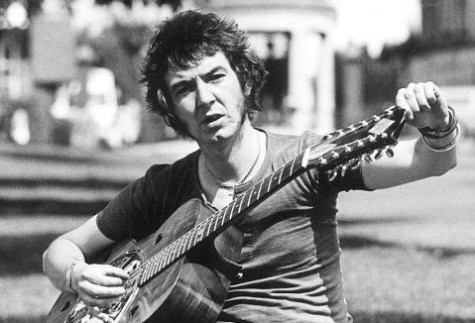
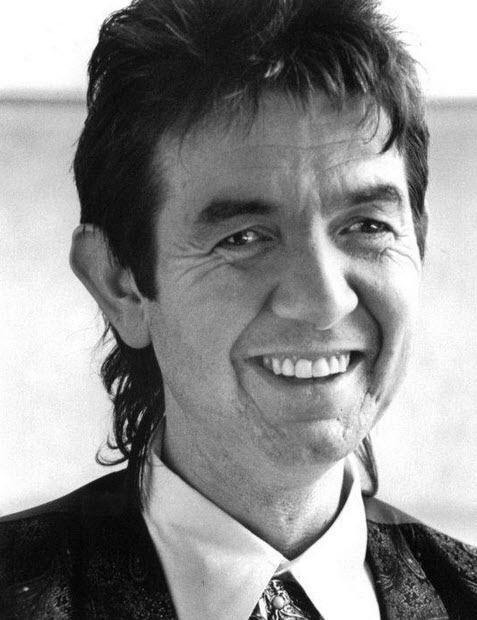
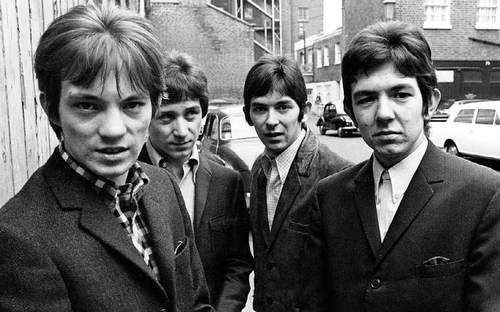
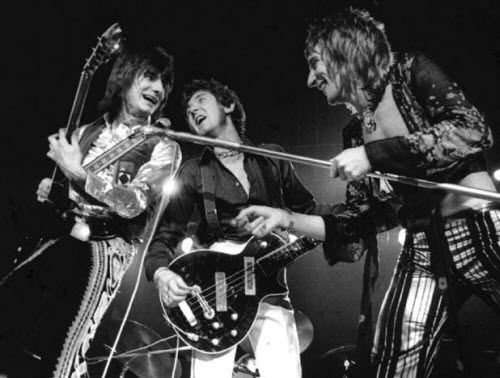
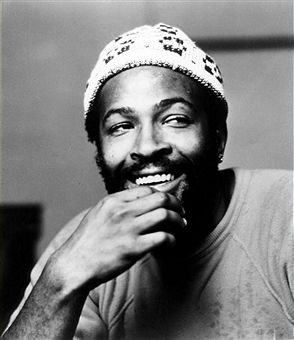
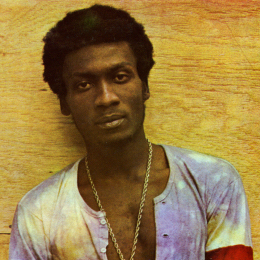
I am a big time late generation fan of Small Faces. Rest in peace Ronnie Lane and Steve Marriot. Respect to Kenney Jones and Ian McLagan. I’m a fan of The Faces only when Ronnie and Kenney were in it.